These detentions represent just a few examples of a sustained crackdown on press freedoms around the world, which has seen at least 250 journalists jailed annually over the past three years, according to report released Thursday by the Committee to Protect Journalists (CPJ).
The non-profit group found that least 251 journalists were jailed in 2018 — with 70% facing anti-state charges, such as belonging to or aiding groups deemed terrorist organizations.
This represents a “new normal” as countries around the globe take an “authoritarian approach to critical news coverage,” said the report, which does an annual count of detained journalists.
“The West that traditionally stood up to this … is missing in action,” the report’s author, Elana Beiser, told CNN. In terms of human rights, “You don’t see pressure from any kind coming from the White House, at least publicly,” she added.
The number of journalists jailed in 2018 represents a drop compared to last year’s record of more than 260 detentions. That fall is attributed to Ethiopia not arresting journalists and releasing thousands of political prisoners from jail under its reformist prime minister, Abiy Ahmed.
“This is the first time since 2004 that we haven’t found a single journalist in jail (in Ethiopia),” Beiser told CNN.
But that is not to say that the figures are not concerning, she adds.
“This year is not at record levels, but it is up there, and it is striking that for so many years authoritarian governments can throw people in jail and feel no consequences or international pressure to do otherwise,” she said.
She said the European Union, which is dealing with its own internal issues such as populist upheavals and the migrant crisis, does not have the leverage it used to have against Turkey, which imprisoned 68 journalists in 2018.
“Even as Turkish President Recep Tayyip Erdogan has been the fiercest critic of Saudi Arabia for the murder of (columnist Jamal) Khashoggi, his government continued to jail more journalists than any other on the planet,” the report said.
The report found the number of journalists charged on “false news” charges rose to a record of 28 globally — compared with nine just two years ago — with Egypt jailing the most on such charges (19), followed by Cameroon (four) and Rwanda (three). The group blames a “heightened global rhetoric about ‘fake news,’” pointing to US President Donald Trump as the main culprit.
Even amid increasing scrutiny after the murder of Khashoggi, a Washington Post contributor, Saudi Arabia “stepped up its repression of journalists at home, with at least 16 journalists behind bars on December 1,” the report said. The prisoners include four female journalists who wrote about women’s rights.
After Turkey, China had the most journalists in detention (47), followed by Egypt (25), Saudi Arabia (16), Eritrea (16), Vietnam (11) and Azerbaijan (10).
The report cited the detention of at least 10 journalists in China’s Xinjiang region, where more than 1 million Uyghurs have reportedly been imprisoned, as a particularly egregious example.
“This year, authorities stepped up regulation of technology that can bypass the country’s infamous firewall, issued lists of ‘approved’ news outlets and disbarred lawyers who represent jailed journalists,” the group wrote.
“While President Trump has continually pressed Beijing over its trade and technology practices, human rights — such as press freedom and the crackdown in Xinjiang — have not figured into the headlines.”
The report found that 98% of journalists were imprisoned by their own governments, that 13% of those in detention worldwide are women (an increase of 8% from last year), that freelancers accounted for 30% of all jailed journalists, and that politics is the “riskiest beat, followed by human rights.




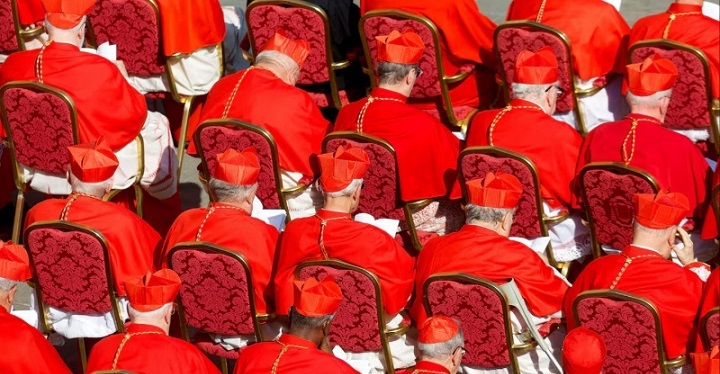
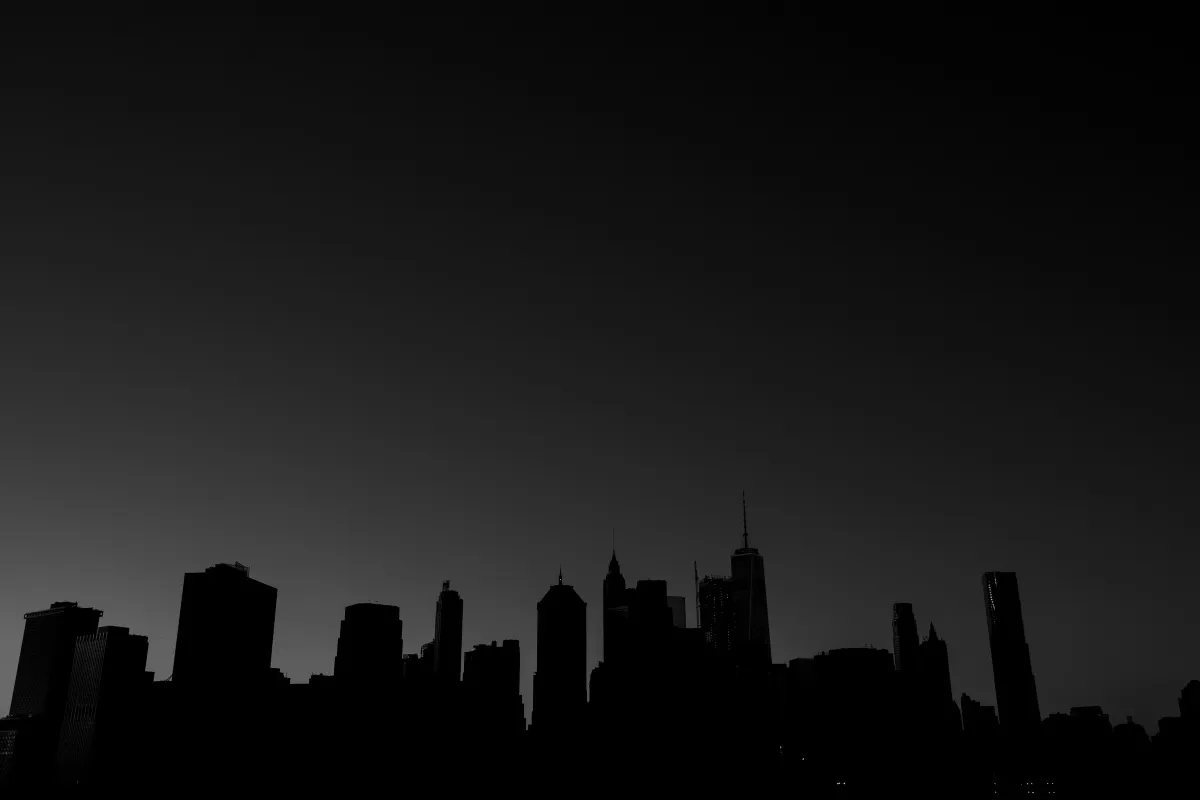
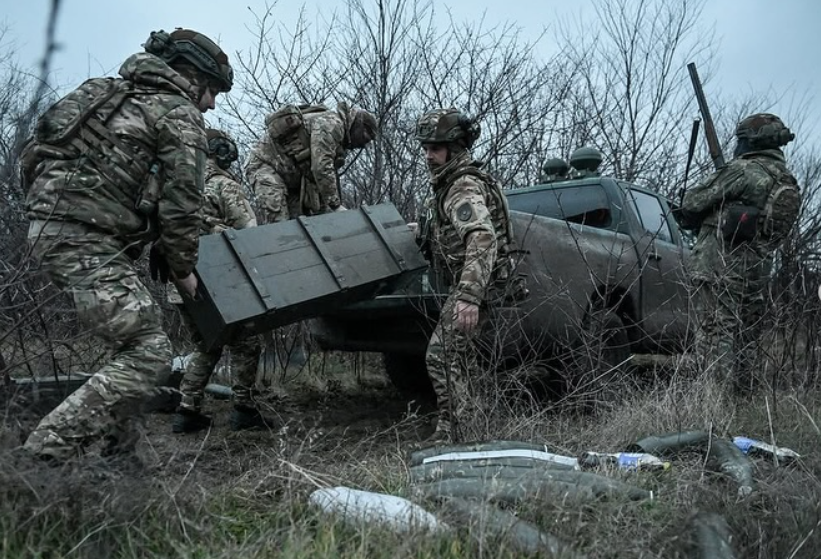
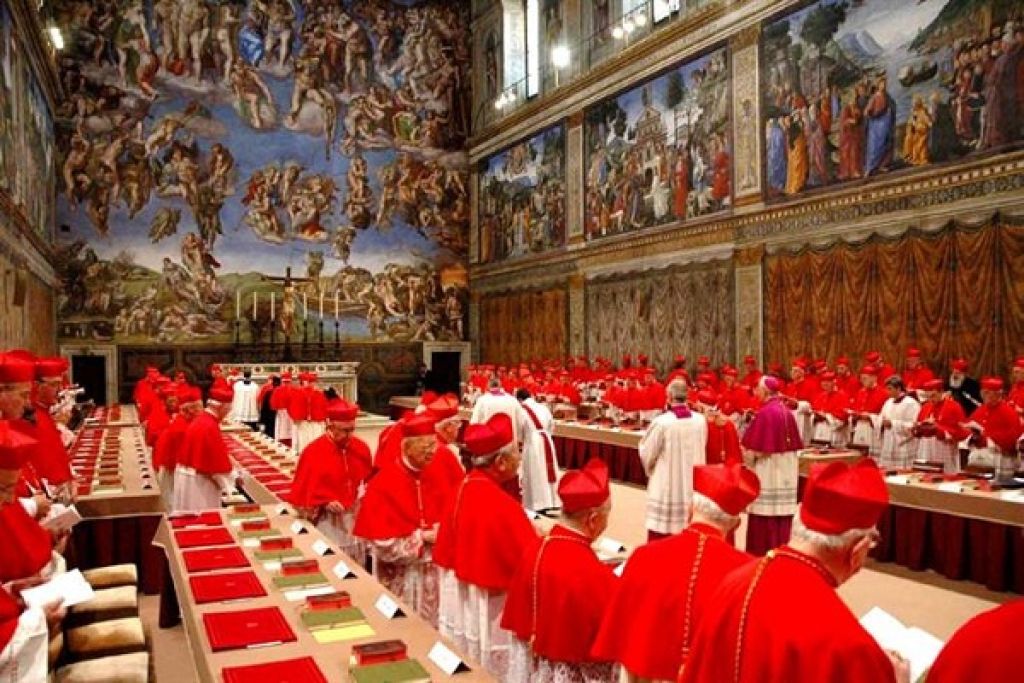
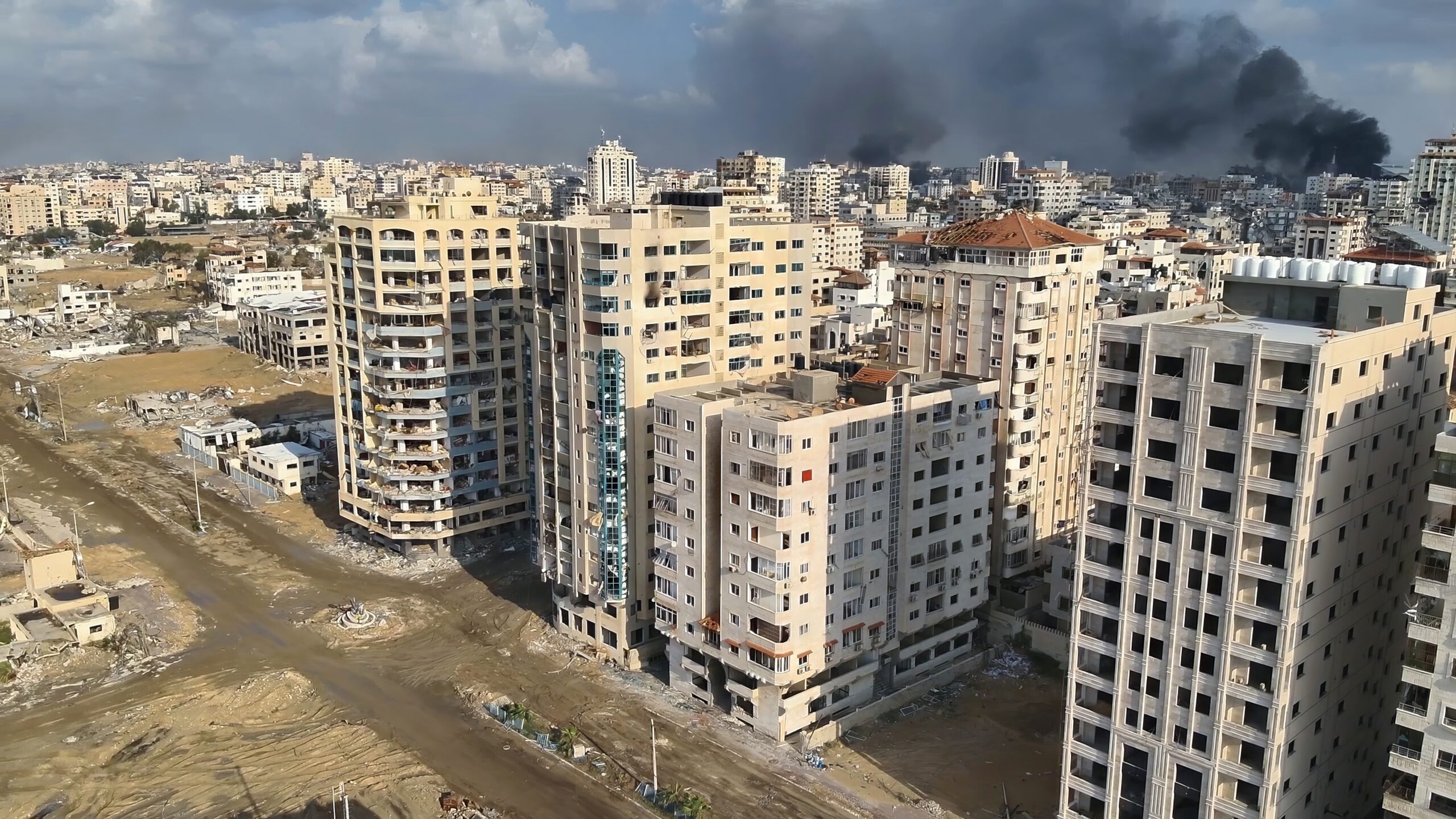
Leave a Reply